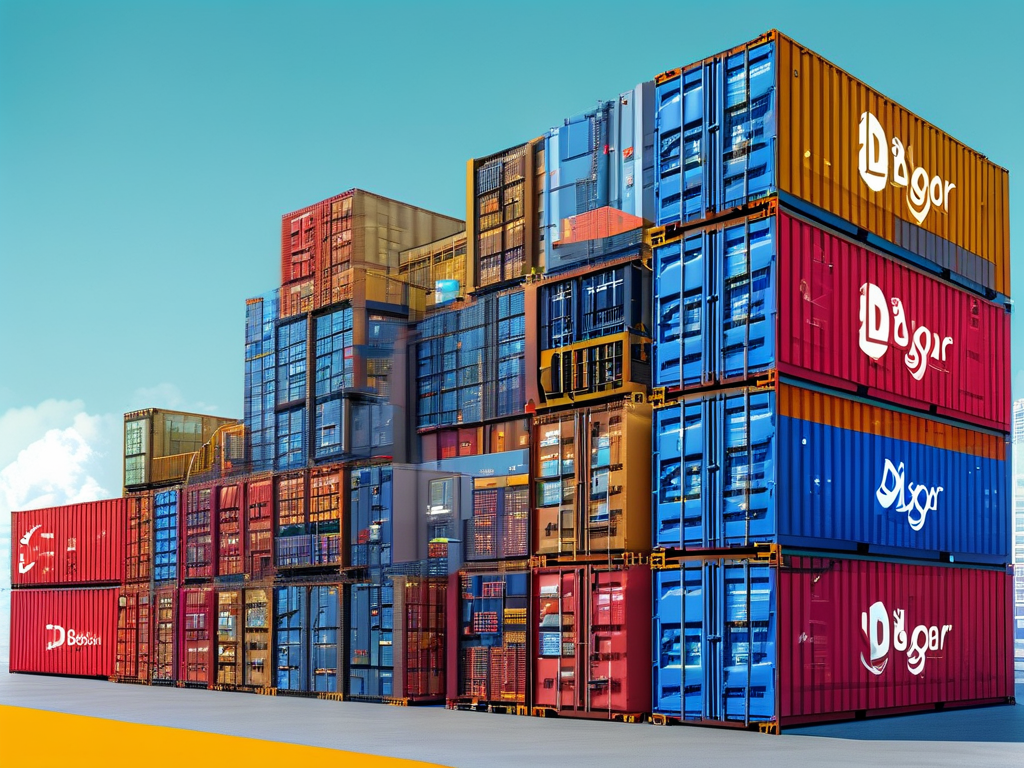In the world of software development, automating deployment processes for C++ projects has become essential for efficiency and reliability. As developers work on complex applications, manual deployment often leads to errors, delays, and increased costs. This guide explores key tools and strategies for automating C++ deployments, helping teams streamline their workflows and focus on innovation.

One of the primary reasons to adopt automation in C++ deployment is the inherent complexity of compiling and distributing code. C++ applications involve intricate dependencies, platform-specific builds, and rigorous testing phases. Without automation, teams risk inconsistent environments, where a build that works on a developer's machine fails in production. For instance, using tools like Jenkins for continuous integration can automate the build and test cycle. Jenkins integrates seamlessly with C++ projects, running scripts to compile code, execute unit tests, and generate reports. This not only saves time but also ensures that every change is verified before deployment.
Another crucial aspect is containerization, which isolates applications for consistent deployment across different environments. Docker stands out as a powerful tool here. By creating lightweight containers, developers can package C++ binaries along with their dependencies, eliminating "it works on my machine" issues. A simple Dockerfile for a C++ application might look like this:
FROM ubuntu:20.04 RUN apt-get update && apt-get install -y build-essential COPY . /app WORKDIR /app RUN g++ -o myapp main.cpp CMD ["./myapp"]
This snippet demonstrates how Docker automates the setup: it starts with a base image, installs necessary compilers, copies the code, builds the application, and defines the run command. Such automation reduces deployment time from hours to minutes, while enhancing reproducibility.
Beyond containerization, build automation tools like CMake play a vital role. CMake generates platform-specific build files, allowing teams to manage complex C++ projects with ease. For example, a CMakeLists.txt file can define targets, include directories, and link libraries. Here's a basic example:
cmake_minimum_required(VERSION 3.10) project(MyCppApp) add_executable(myapp main.cpp) target_include_directories(myapp PRIVATE include)
This code automates the build process across Windows, Linux, or macOS, ensuring that the same configuration works everywhere. Integrating CMake with CI/CD pipelines, such as those in GitLab CI or GitHub Actions, enables automated builds on every code commit. This not only catches errors early but also accelerates feedback loops.
However, choosing the right tools requires careful consideration. Jenkins excels in flexibility but can be resource-intensive for large-scale C++ projects. Docker simplifies deployment but adds overhead in managing containers. CMake is excellent for builds but might need additional scripting for full deployment. Teams should start small, perhaps automating builds first, then expanding to testing and production deployments. Real-world case studies show that companies like game studios or embedded systems firms achieve up to 50% faster release cycles by adopting these tools.
Moreover, best practices emphasize security and scalability. Always use version control for deployment scripts to track changes and roll back if needed. Implement automated testing at every stage, such as using Google Test for C++ unit tests. For cloud deployments, tools like AWS CodeDeploy or Azure Pipelines can extend automation to serverless environments. As C++ evolves with standards like C++20, automation tools must adapt, incorporating features for concurrency and performance optimization.
In , automating C++ deployment isn't just a trend—it's a necessity for modern development. By leveraging tools like Jenkins, Docker, and CMake, teams can reduce manual effort, improve code quality, and respond faster to market demands. Start experimenting with these solutions today to transform your C++ projects into efficient, reliable systems.









